Keynote & Invited Speakers
The ATDC are delighted to announce the below Keynote and Invited Speakers for the 2023 ATDC Conference.
Jan Winhall
Author, teacher, psychotherapist and Adjunct Professor, University of Toronto
Jan Winhall, M.S.W. F.O.T. is an author, teacher and seasoned trauma and addiction psychotherapist. She is an Educational Partner and Course Developer with the Polyvagal Institute where she teaches a certification course based on her book Treating Trauma and Addiction with the Felt Sense Polyvagal Model, Routledge 2021. She is an Adjunct Lecturer at the University of Toronto and a Certifying Co-Ordinator with the International Focusing Institute. Jan is Co-Director of the Borden Street Clinic where she supervises graduate students. She enjoys teaching all over the world. You can reach her at janwinhall.com.

Dr Judy Chang
Executive Director, INPUD
Judy Chang has been the Executive Director of INPUD since 2017. Judy has worked in the HIV and community-based health and development field for over ten years. She brings 20 years of lived experience as a woman who uses drugs and a client of harm reduction services to her role. Prior to 2015, her primary area of focus was on community health before moving to harm reduction and drug policy advocacy. During the course of her work, she has worked in different social and cultural contexts, such as India, China and Thailand. Judy holds a Master’s in International Development and a Bachelor of Arts in Writing and Contemporary Cultures.
During the course of her work, she has worked in different social and cultural contexts, such as India, China and Thailand, served on various global health governance steering committees, working and advisory groups and published on issues related to drug use and harm reduction. Judy holds a Master’s in International Development and a Bachelor of Arts in Writing and Contemporary Cultures.
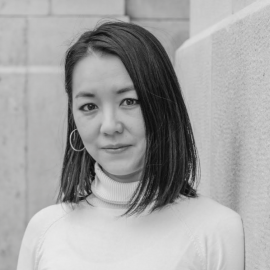
Profesor Susan Rossell
Professor in Clinical Psychology and Director of Clinical Psychology Programs, University of Queensland
Susan is Professor of Cognitive Neuropsychiatry and an NHMRC Senior Research Fellow at Swinburne University, Melbourne; she is also Co-Chair of MAGNET – the Australian mental health clinical trial network. She trained at the University of Manchester and King’s College London in the UK, holding a lectureship at the University of Oxford prior to moving to Australia. She has had positions at several universities in Australia including Macquarie, University of Melbourne and Monash.
Her research has focused on understanding the cognitive impairments involved in psychosis, mood disorders and body-image related disorders, aiming to develop new interventions for these debilitating cognitive symptoms. She has published over 400 peer reviewed articles and book chapters. She sits on the National Institute of Mental Health International Body Dysmorphic Disorder Scientific Advisory Group and is the Secretary for the steering committee of International Consortium of Hallucination Research (ICHR). She is the Chair of the Science Council for Neuroscience Victoria. Recently, her treatment research has focused on the use of psychedelics. She is currently running Australia’s largest clinical trial examining whether psilocybin-assisted psychotherapy is effective for the treatment of treatment-resistant depression.
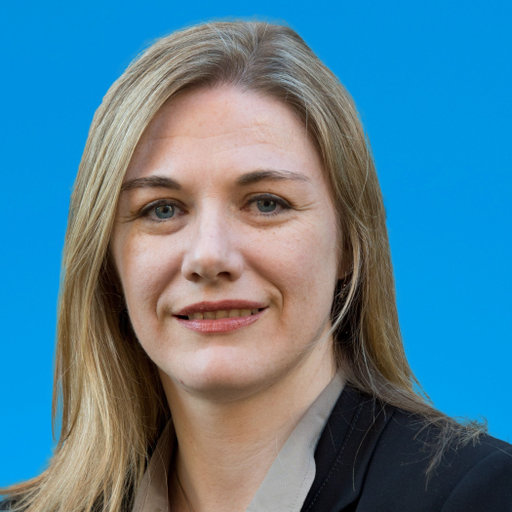
Professor David Castle
Professor of Psychiatry, University of Tasmania & Co-Director, Tasmanian Centre for Mental Health Service Innovation
David is Professor of Psychiatry at the University of Tasmania and Co-Director of the Tasmanian Centre for Mental Health Service Innovation. Previous positions include inaugural Scientific Director of the Centre for Complex Interventions at the Centre for Addictions and Mental Health, University of Toronto and Professor of Psychiatry St Vincent’s Health and The University of Melbourne.
His wide clinical and research interests include schizophrenia and related disorders, bipolar disorder, cannabis abuse, OCD spectrum disorders and disorders of body image. He has a longstanding interest in the impact of licit and illicit substances on the brain and body, and is actively engaged in programmes addressing the physical health of the mentally ill and the mental health of the physically ill. He has published nearly 900 papers and chapters; and over 25 books.
He has been successful in attracting substantial grant funding from a variety of different sources, and has strong local, national, and international research links. He has received a number of commendations for his work, including the Senior Research Award from the Royal ANZ College of Psychiatrists (RANZCP) and a University of Melbourne Vice Chancellor’s Staff Engagement Award. In 2015 he was presented with the Ian Simpson Award by the RANZCP in recognition of outstanding contributions to clinical psychiatry as assessed through service to patients and the community.

Dr Maria Pallotta-Chiarolli AM
Honorary Fellow, Deakin University, and AGMC Founding Committee Member
Dr Maria Pallotta-Chiarolli AM has gained national and international recognition as a writer, qualitative researcher, educator, speaker, trainer and seminar facilitator, consultant and community advocate and ally, in the intersections of cultural diversity, gender diversity, sexual diversity, family diversity in relation to health and wellbeing, family violence and education.
Maria won the Victorian Globe Straight Ally Award in 2018, was honoured with a Writers’ Fellowship in her name by the WA Centre for Stories in 2021, and was made a Member of the Order of Australia in 2022.
Maria is internationally renowned for successfully working with marginalised, vulnerable, sensitive and “hard-to-reach” communities. Most recently, Maria was a researcher in the ARC grant, Improving Spiritual Health Care for LGBT Victorians: Beyond Conversion Practices; convenor and chief writer of the “Mobs and Wogs Project”: Life Stories and Family Histories of Indigenous People with Southern European Heritage; and principal researcher for MCMF LGBTIQ+ communities and Palliative Care for Palliative Care Victoria.
Her completed projects include Australia’s first research into the health service needs of LGBTIQ+ Muslim Communities, “Safe Spaces, Inclusive Services”: LGBTIQ Muslims, their Needs and Access to Health Services; and the following: Youth Homelessness: Needs, Experiences and Services; and Racism and Other Discriminations in the Lives of MCMF LGBTIQ Victorians including in health settings.
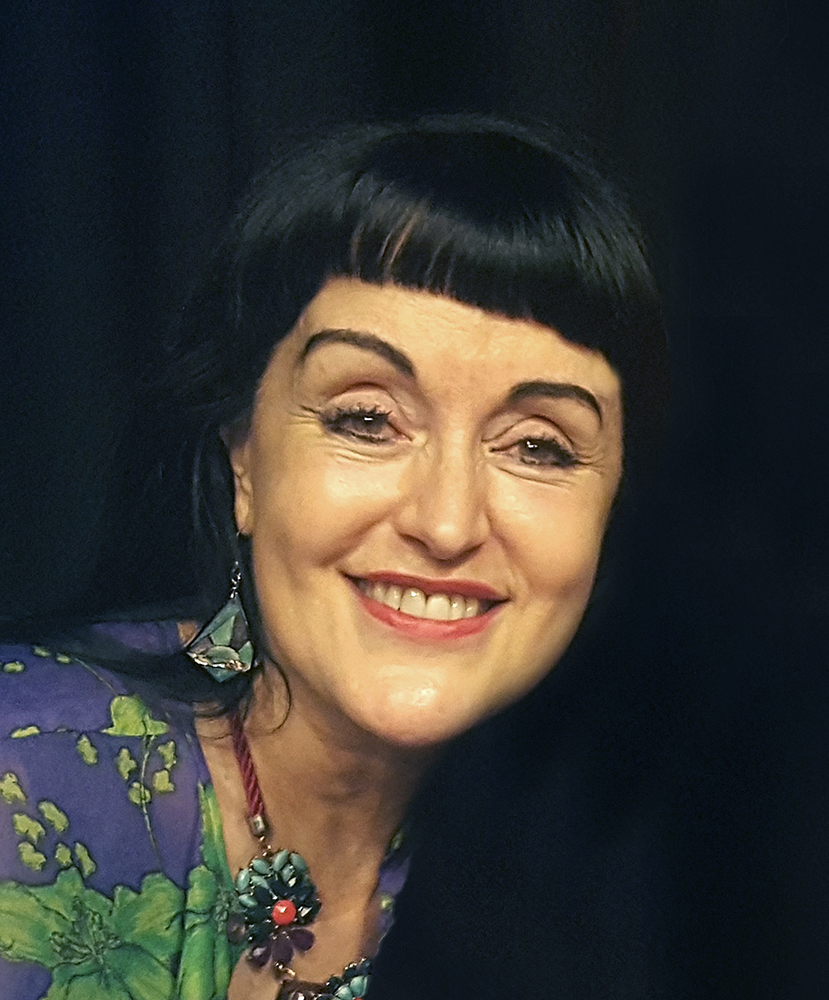
Megan Arnold
Senior Director, Alcohol Tobacco and Other Drugs (ATOD), ACT Health Directorate
Megan Arnold is the Senior Director for the Alcohol Tobacco and Other Drugs (ATOD) Policy Section at the ACT Health Directorate. She joined the Directorate as a Policy Officer in 2017 and is also a registered Pharmacist.
The ATOD section examines policy options related to alcohol and other drugs as well as tobacco and vaping, and manages the relationship between ACT Health and the non-Government organisations who provide a significant proportion of the alcohol and drug treatment and support services available in the ACT.
The team recently undertook work on the reduction in criminal penalties for personal possession of small amounts of some of the most commonly used illicit drugs which will come into effect in October 2023. This team also has active roles in harm reduction initiatives, including the current pilot of a fixed site drug checking service in the ACT.
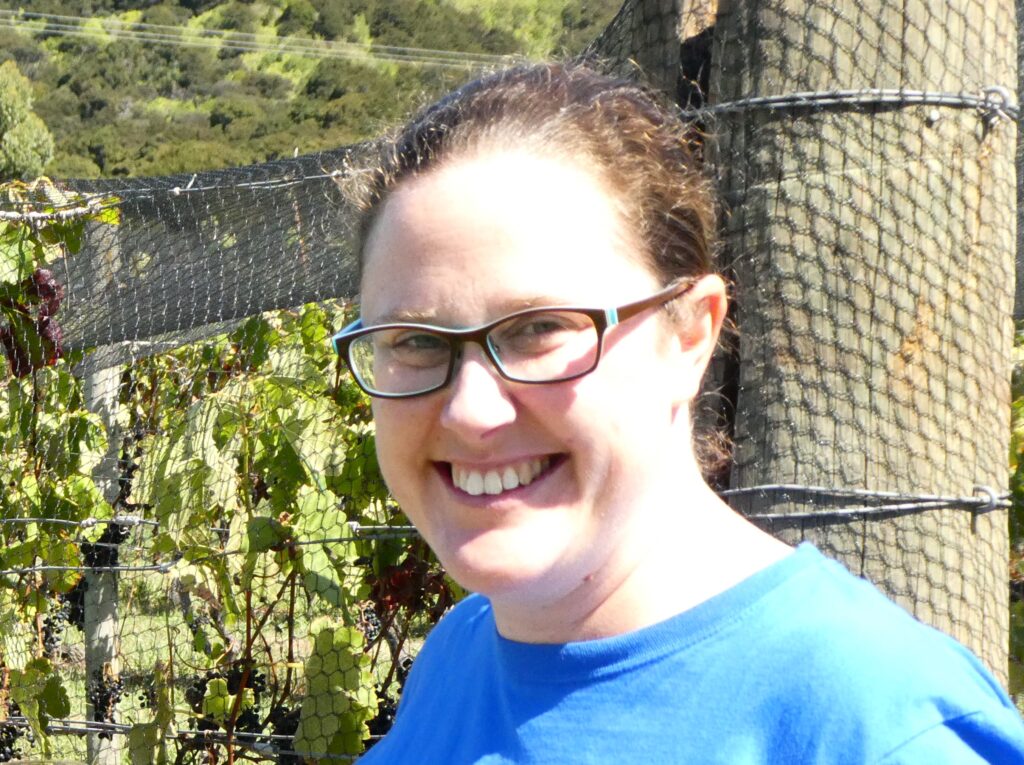
Profesor Genevieve Dingle
Professor in Clinical Psychology and Director of Clinical Psychology Programs, University of Queensland
Genevieve Dingle is a Professor and Director of Clinical Psychology Programs at the University of QLD. Before entering academia, she worked
as a clinical psychologist and program manager of hospital alcohol and other drug treatment programs for several years. Genevieve conducts
research with people with substance use in hospital and therapeutic community contexts. She is leading an ARC funded longitudinal study of social prescribing for loneliness in QLD.
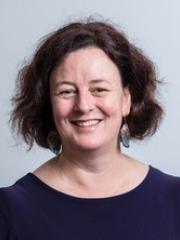
Peter Boyles
Chief Pharmacist, Department of Health Tasmania
Pete Boyles is the Chief Pharmacist in Tasmania’s Department of Health and as such is the Principal Advisor of medicines and poisons regulation. Pete’s career highlights include the design and implementation of Australia’s first real time prescription monitoring system (DORA), development of arguably a world’s best practice clinical-regulatory service for the quality use of dependence producing medicines, Directing the Public Health Emergency Operations Centre (PHEOC) for COVID-19, and implementation of Tasmania’s Controlled Access Scheme for the medical use of unregistered cannabis products.
